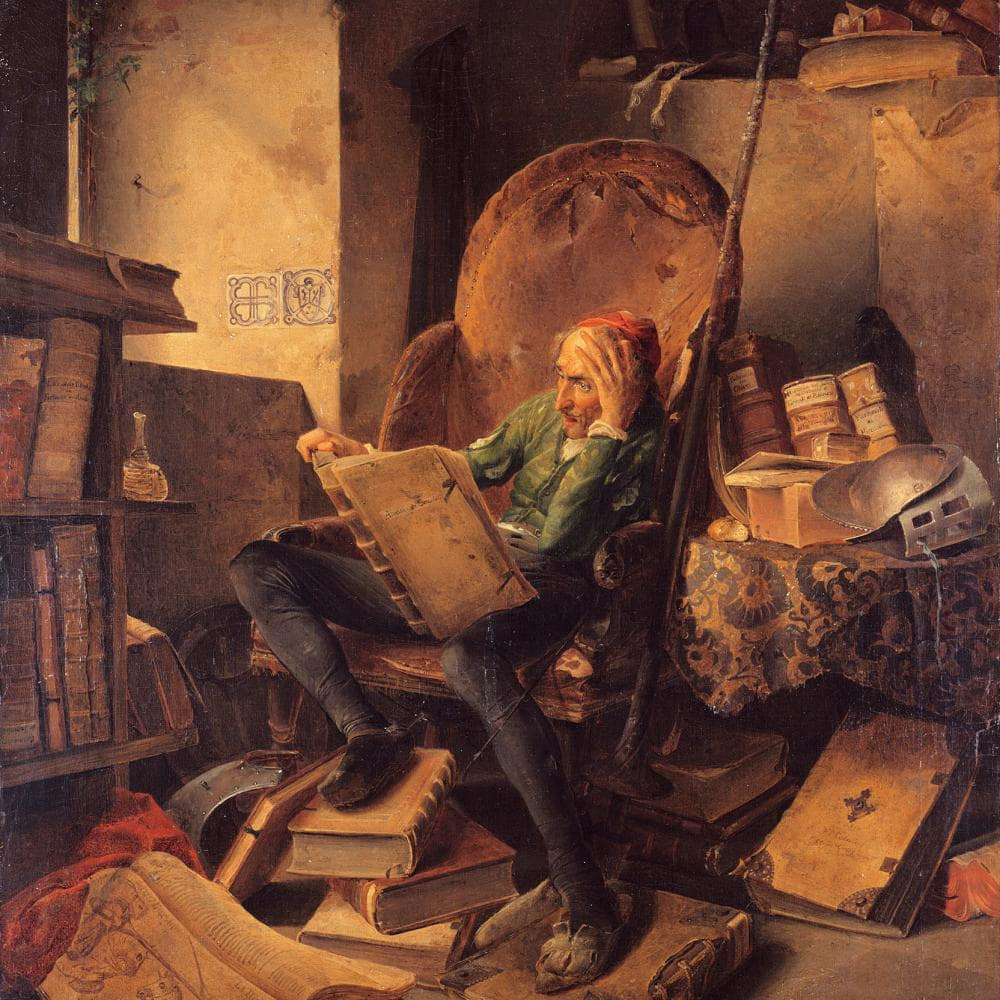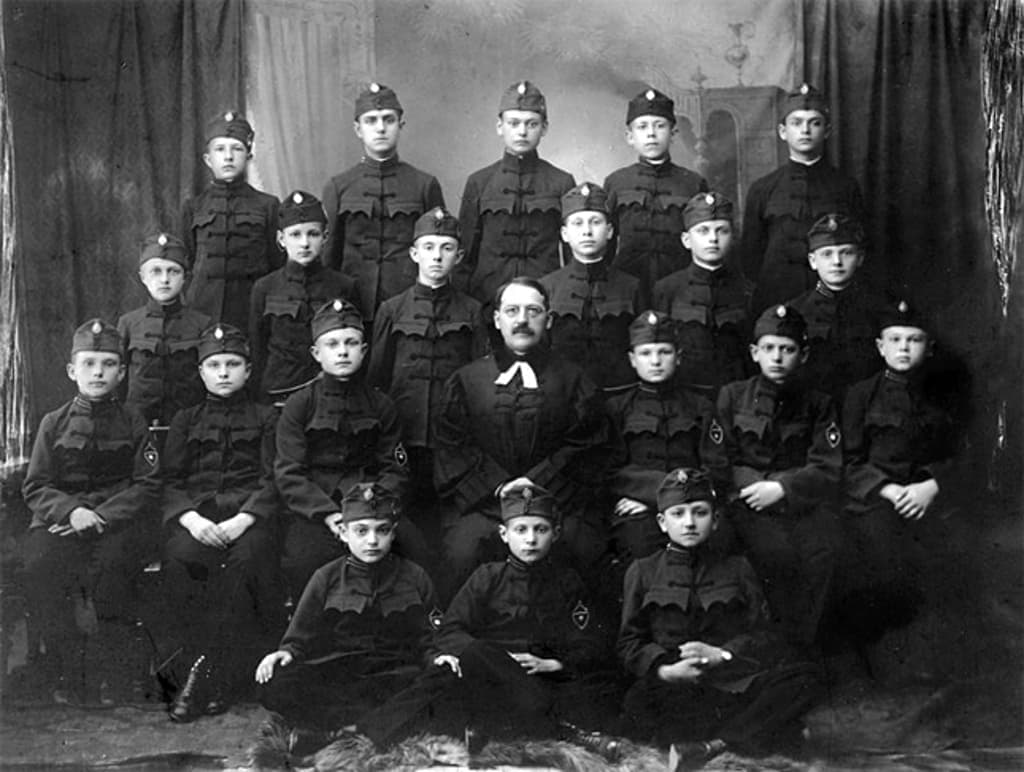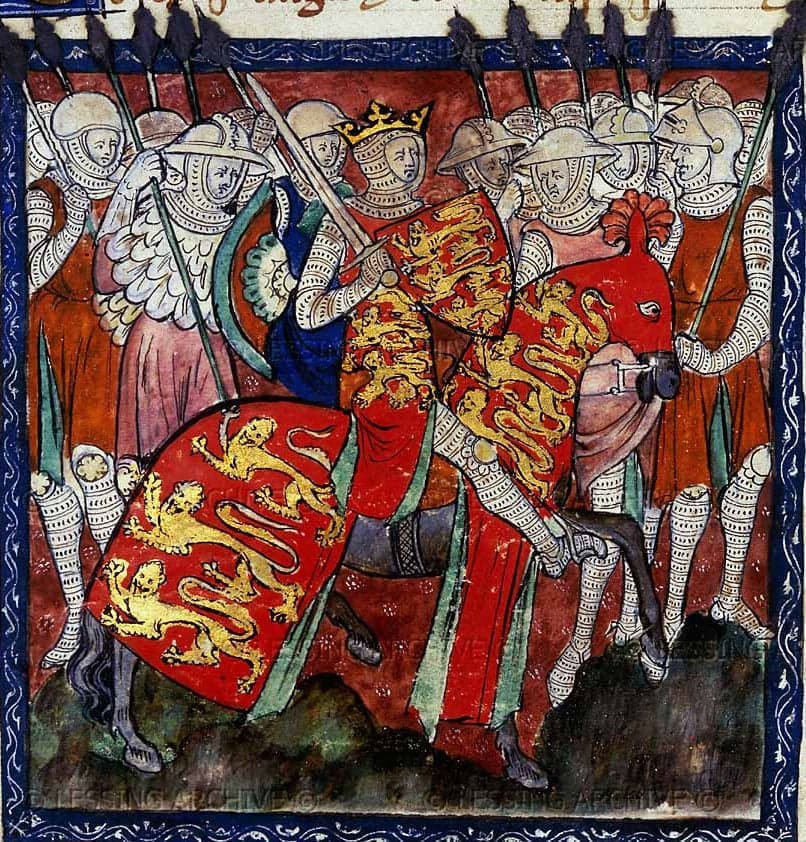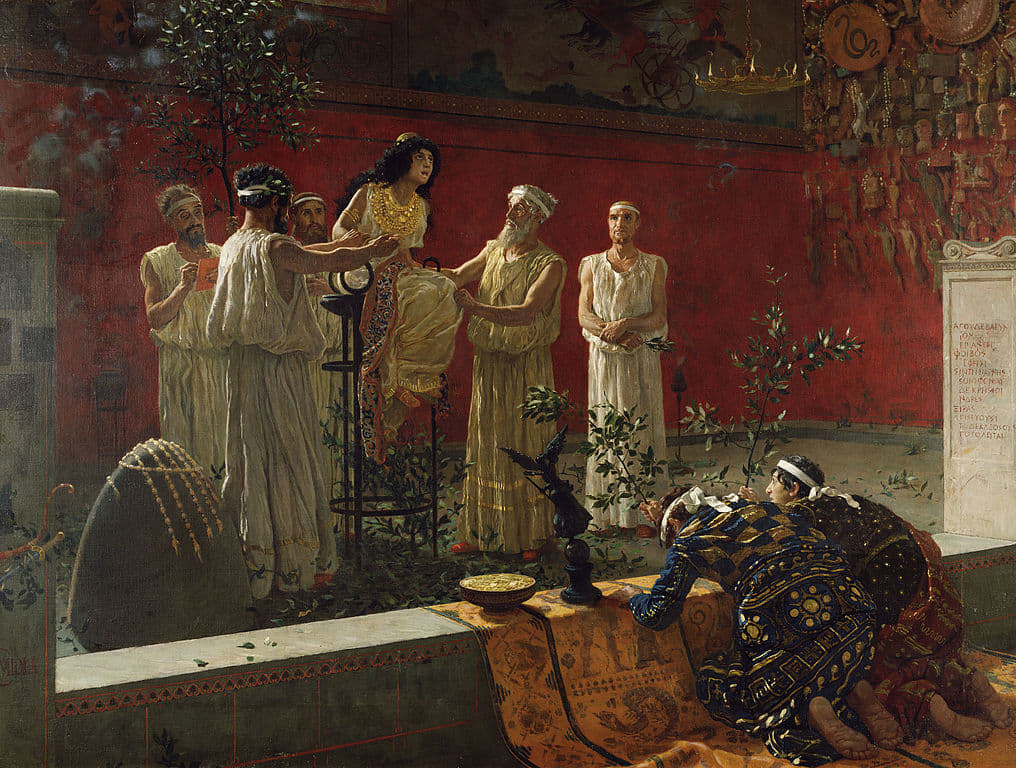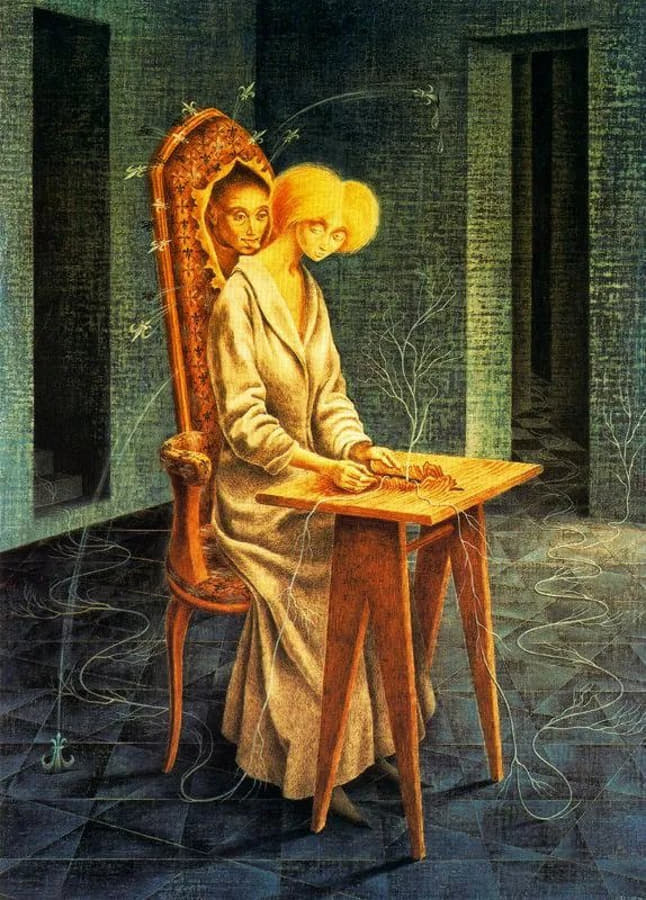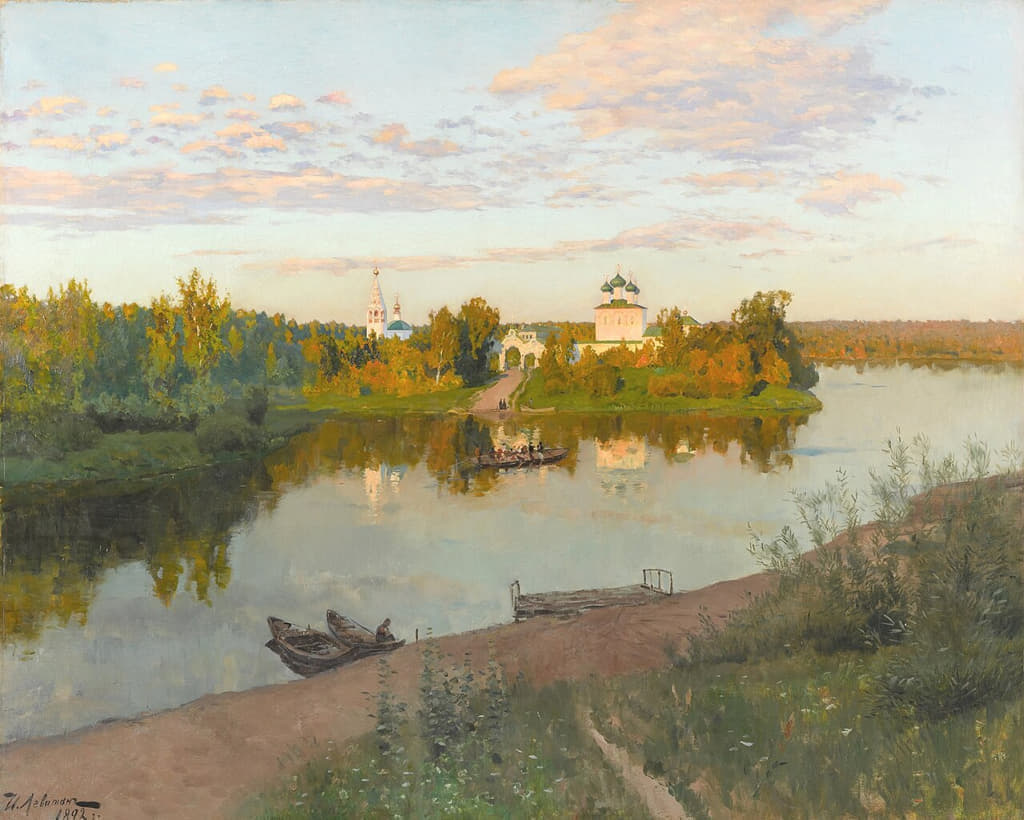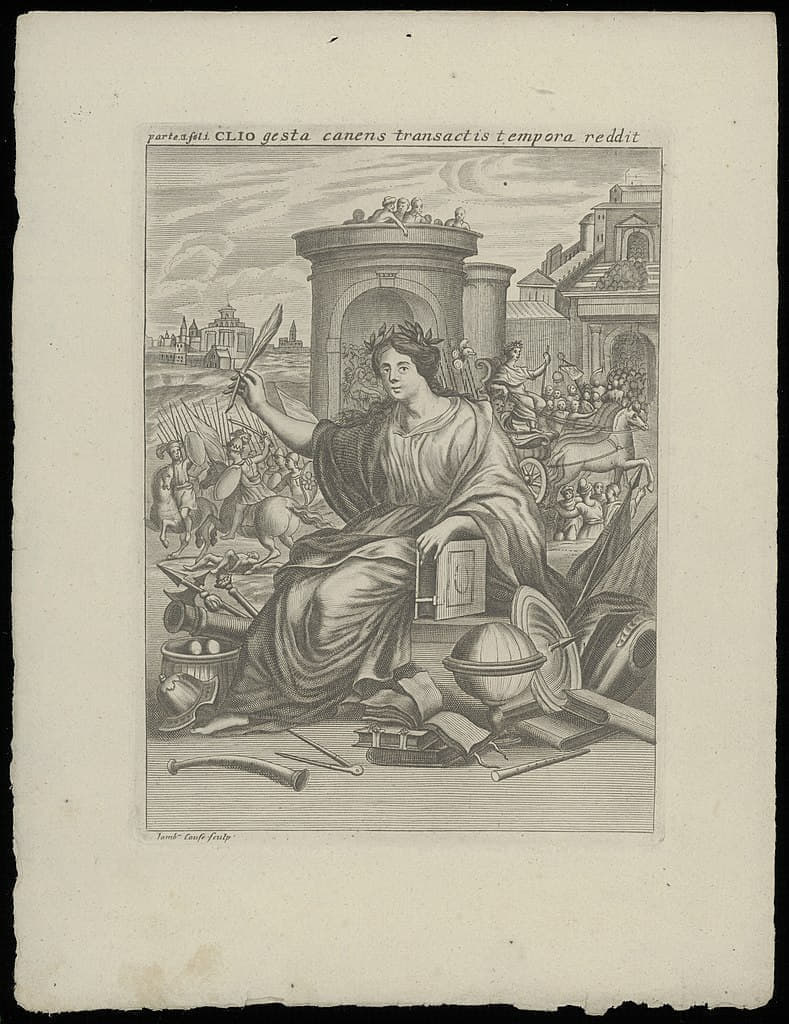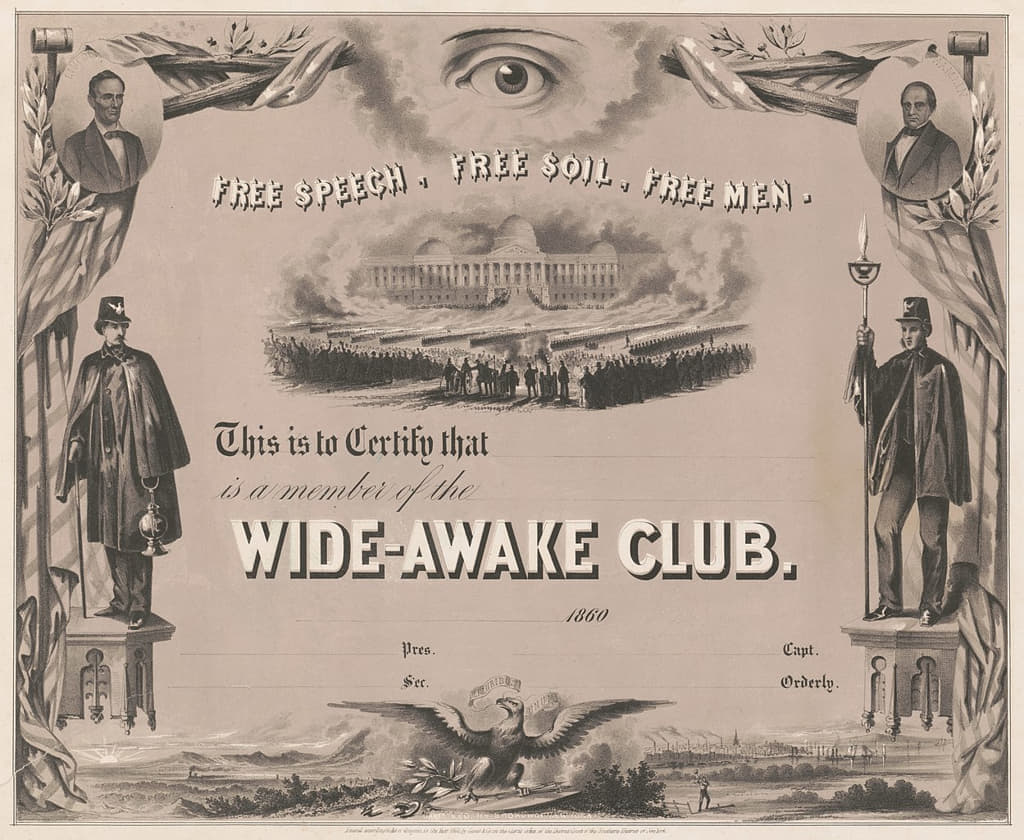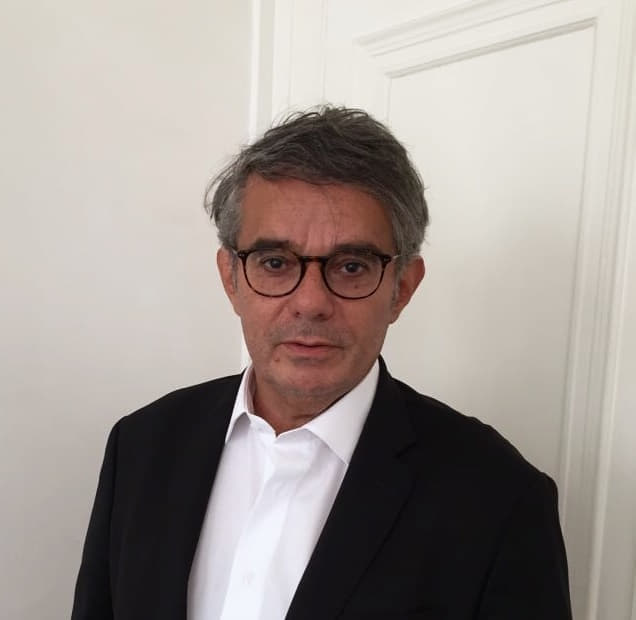Introduction
The “free discussion on linguistics”, which took place in the spring-summer of 1950 and ended with the publication of Stalin’s works, has always attracted and will continue to attract the attention of scientists and the general public with its unexpectedness and enigmatic quality. Unexpected—because even against the background of the rapid scientific discussions of the postwar period, the discussion on linguistics was a real mystery, culminating in a spectacular appearance on “stage” of the head of the Soviet superpower and the world socialist bloc. Enigmatic—because to this day, the motives that motivated Stalin and determined his personal participation in a purely scientific discussion, the goals that he set, the result achieved are all still completely unclear. Apparently, the entire discussion—a cascade of events of different levels and plans—was organized and rather skillfully arranged by Stalin personally; but it is unclear what reasons forced the leader of the Soviet state not only to monitor and control the course of the discussion, but also to write works on linguistics himself. In order to correctly pose this question, it is necessary, having clarified the political motives and content of the linguistic discussion, to reveal its political meaning, since it was the imperatives of politics that were decisive in it: the entire story about the “new doctrine of language” of Nikolai Yakovlevich Marr and its defeat shows how linguistics, despite its tasks and essence, directly comes into contact with politics, how politics permeates linguistics, transforming it and giving it purpose and direction, imperatives that are not related to science, or even alien to it.
It is obvious that Stalin’s works contained political meanings and messages that went far beyond not only linguistics, but also humanitarian science as a whole, that, according to Viktor Trushkov (“Marxism and Questions of Linguistics”) “is a work that deals with the problems of Marxist-Leninist theory that were topical for the middle of the 20th century, topical above all for the socialist construction of the USSR” (Trushkov, 2011, p. 45). What exactly did Stalin want to say with his works on linguistics? What ideas did he want to introduce? What new attitudes to bring into Soviet political discourse? The present study is devoted to finding answers to these questions.
Discussions on Linguistics and on Political Economy
In the ideological life of the USSR 1944–1953 two forms of influence on culture, science and public opinion began to play a decisive role. On the one hand, these were special “cultural campaigns” carried out widely and broadcast to the whole society (for example, the fight against “sycophancy” and then against “cosmopolitanism”), and on the other hand, they were purely scientific discussions in various branches of science—history (1944), philosophy (1947), biology (1948), linguistics (1950), political economy (1951), etc. The first are usually called ideological or political (sometimes cultural) campaigns. The latter are called scientific (sometimes scientific-ideological) or creative discussions in the literature. The first were more intense and boisterous. The latter were relatively restrained (except, of course, for biological discussions). But in terms of the power of influence on Soviet society and culture, they were approximately equal, despite the fact that the influence of the second in time extended much further. The influence of the discussion on linguistics represents a unique case among all campaigns and discussions.
The meaning of the ideological operations of the first kind, which can be linked into a single “mega-campaign”, is readily revealed: the affirmation of Soviet patriotism and the strengthening of anti-bourgeois rhetoric in Soviet culture. The purpose of the “mega-campaign” was to establish a new all-Soviet bipolar worldview based on the acceptance of the principle of opposition, in the words of those years, between the anti-democratic and imperialist camp led by the United States and the democratic and anti-imperialist camp led by the USSR. Such a bipolar worldview logically followed from the geopolitical realities of the second half of the twentieth century, emerging after the end of World War II. The general meaning of scientific discussions can be defined in approximately the same vein of patriotism and anti-capitalism (anti-Americanism) in which the campaigns took place, however, the specific political orientation of each individual discussion often eludes the researcher. Their goal was to carry out in science, and thereby to establish in culture, state-centrism, the glorification of the Soviet state as the civilizational leader of the world and socialism as a new socio-political system extending its influence throughout the world.
The aim of this paper is to compare, at least in general terms, the linguistic debate of 1950 with the debate on political economy of 1951. What do they have in common? The main point is Stalin’s personal leadership and participation: both culminated in the intervention (whether staged or impulsive as it appeared to be) of the leader, and the publication of the resulting collections of his works, compiled as a series of articles in the course of each discussion: Marxism and Questions of Linguistics and Economic Problems of Socialism in the USSR, respectively. The last time the leader made important theoretical generalizations was in his report to the XVIII Congress of the All-Union Communist Party of Bolsheviks in 1939. It is quite clear that the topics and problems raised in the two discussions seemed to Stalin to be of cardinal importance, since he took up his pen and proposed solutions to the problems posed (not to mention the organizational aspects of his activity during the discussions).
After the publication of Stalin’s works, a calm atmosphere was established in linguistics and political economy; scientists were determined to work in accordance with these newly introduced principles and in the “right” direction. It was Stalin’s personal participation that set the vector for reducing ideological tension within the social sciences and for some reduction of ideological pressure upon these sciences. Analyzing Stalin’s works on linguistics and political economy, one cannot help but pay attention to the restraint of tone of the main discussant, to his almost Aristotelian calm when analyzing problems that were the subject of heated clashes between ideologists, scientists, and politicians, to the emphasized declared dismissal of the position of arrogance and “Marxist vanity”, a clearly audible call for the same restraint and calmness, addressed to scientists and ideologists.
Stalin’s call did not go unanswered: the relative correctness of the participants in the discussion, the calm progress of the events, and the effectiveness of the results are noteworthy. In the very principle of the selection of materials for a discussion on linguistics, when opponents received equal opportunities to speak; and “from above”, until a certain point, there were no signs for one side or another, there was a specific message—all opinions will be heard. Of course, with Stalin’s personal participation, it would be absurd to preserve the “classical” style of speeches of Stalinist ideologists (Andrey Zhdanov; Georgy Aleksandrov; aspiring ideologist Mikhail Suslov; Dmitry Shepilov; Yury Zhdanov—son of Andrey Zhdanov, etc.) with calls for destruction, exposure, “tearing off masks” and the often-sad results for scientists. In this regard, it is surprising that discussions in the humanities, which are by definition ideological in nature, were generally characterized by a lower degree of ideological tension and even expressiveness of rhetoric than in others (especially in biology, which was notorious not only for the fierceness of its rhetoric, but also for its tragic consequences for many scientists).
Stalin introduced a different style of scientific discussions— calm and friendly, in a constructive manner, without hysteria and exaltation. A new way of overcoming group disagreements among scientists was also proposed: instead of the usual methods, inherent in the Stalin era, reduced to mutual accusations of various kinds of “heresies” and the ensuing “organizational conclusions”, – new methods of scientific polemics, mutual criticism were introduced. And on this basis, an “operational consensus” was established in this sphere of science, based on common rules, a normative system of interaction between science and the authorities, in which the initiative came from the authorities, who set the vector, the contours of the planned course, the “guiding star”, establishing the limits of ideology in science. The principle of consensus between scientist and power is remarkably expressed in the words of the linguist, Timofey Lomtev, addressed to his colleague Samuil Bernstein: “I always take the position of the party. Before Stalin’s speech, the Party’s attitude in linguistics was to recognize the ‛new doctrine of language’. Now a new stage begins, the Stalinist stage. I, together with the Party, am moving to this new stage” (Bernstein, 2002, p. 151). Or in the words of Alexey Losev: “Everyone is for Marr—and I am for Marr. And then I condemned Marrism, or one will not remain a professor” (Bibikhin, 2006, p. 173).
It should be emphasized that Soviet socio-political science in those years, and even later, right up to the passing of the USSR into history, could not develop without the initiative of the current leader, who personally set its vector and pace. Viktor Vinogradov, in one of the many post-discussion articles, criticizes Marr’s teaching, analyzes its nuances, but at the same time admits that “if the brilliant works of Joseph Stalin had not appeared, the discussion itself would not have solved much” (Vinogradov, 1950, p. 17). Timofey Lomtev recalls: “Many linguists, including me, felt that language is not a superstructure over the base, but no one directly and clearly expressed this” (Ilizarov, 2012, p. 300). Arnold Chikobava, wondering whether language is class in a class society, asserts: “Comrade Stalin’s answer is: no, it is not” (Chikobava, 1950, p. 41). Stalin’s answer decides everything. The linguist recalled that when he was called to Moscow to participate in a possible upcoming discussion, an interesting phrase was dropped: “Issues of linguistics will be discussed there with the secretaries of the Central Committee, and you should prepare” (Chikobava, 2001, p. 510). In other words, the question of the conformity of this or that position with Marxism could not be resolved without the “secretaries of the Central Committee”. Therefore, when we talk about Marxism in any area, about the “Marxization” of such and such a science, we must remember that the issue is not Marxism at all, but the “line of the Central Committee”. This is aptly captured by Alexey Losev: “Even Marxism, if taken as a theory, is not our doctrine at all, and it will not help anyone. The Mensheviks are also Marxists… We are not guided by theory, no matter how thrice Marxist, nor by practice, no matter how thrice revolutionary. We are guided by that most concrete refraction and unification of both, and moreover by the unification at this moment, at this minute, which is called the All-Union Communist Party of Bolsheviks and really functions through its Central Committee. No logic, no purely vital observations will help one to keep up with this; and one will not fit it into any logical forms” (Losev, 2002, p. 358). The Central Committee of the Party decides everything.
The establishment of state-centrism in science meant that the principle of classism of social sciences was questioned (or, at least, the need for its adjustment was recognized). Partisanship gradually began to be understood as conformity with the interests of the state. The pan-class, “pan-revolutionary” left-radical interpretation of partisanship was being disavowed. This is probably why the first discussion involving Stalin was a discussion of linguistics, the “partisanship” of which, unlike political economy, was not indisputable (certainly not for Marr’s supporters), although it was rhetorically supported by many linguists.
The difference between the discussions on linguistics and political economy is striking: political economy was an area of supreme ideological importance and high-debate tension, so that Stalin’s participation in these disputes was necessary and expected. It was a question of creating a relatively consistent theory of socialism, which did not yet exist in a developed form at that time; or, to put it another way, of apologizing for the socialism built in the USSR in Marxist terms (remember that in 1936 the first phase of communism, socialism, was declared to have been essentially realized). In the field of political economy, it was necessary to create a canonical text, which Stalin was seriously concerned about precisely in 1936. After the war, with the establishment of the foundations of world socialism, the need for a “canon of socialism” increased immeasurably. This problem would be solved with the publication of the textbook Political Economy, created under Stalin’s supervision and with his participation (he was both editor and co-author), but published after his death, in 1954. After the war, with the establishment of the foundations of world socialism, the need for a “canon of socialism” increased immeasurably. This problem would be solved with the publication of the textbook, Political Economy, created under Stalin’s supervision and participation (he was both editor and co-author), but published after his death, in 1954. This textbook appeared as a true encyclopedia of Soviet “state Marxism”, a concentrated expression of Stalin’s understanding of the nature of socialism and his geopolitical plan for the Soviet state, and it became for a long time the canon of socialist theory. It is hard to imagine that anyone other than Stalin could have established the principles of the theory of socialism, answered pressing questions, and resolved the doubts of scientists and ideologists (for example, about the status of the political economy of socialism, about commodity-money relations under socialism). Stalin’s intervention in the discussion on linguistics was completely unexpected for everyone—both for the participants themselves and for the people, who were caught up in the heat of this mysterious polemic, despite its complete incomprehensibility for the majority of the Soviet people, both in terms of its content and in general in terms of the meaning of the very fact of its conduct.
Stalin’s work on linguistics established a certain unanimity, a normative system, not in linguistics itself (although one can partly state this as well), but in Soviet ideology as a whole. And this can be seen at least from the following: both in scope and in the impression made on Soviet society and public opinion, the linguistic discussion surpassed the political economy discussion, which practically did not touch the people’s consciousness and did not excite it (although in content political economy was incomparably clearer than linguistics). One can hardly find in the history of the USSR similar examples of how the vicissitudes of science, about which the majority of Soviet citizens knew little before 1950, attracted the attention of ordinary people, let alone people of science. Samuil Bernstein writes: “The clamor about Stalin’s articles on linguistics is great. Not only linguists are making noise, but also archaeologists, ethnographers, historians and even philosophers. There is a huge interest in linguistics. I think that in the entire history of linguistics in our country there has not been such a linguistic boom” (Bernstein, 2002, p. 153). A separate interesting fact was the influence of the first discussion on the second: participants in the political economy discussion constantly referred to Stalin’s work, while the textbook’s authors were criticized for not paying enough attention to it. These are not just ritual phrases: Stalin’s works on linguistics determined the priorities not only (and maybe not so much) of linguistics, but of the entire Soviet social science and ideology.
So, the discussion on political economy seemed to be more significant for the Soviet ideology. Nevertheless, the discussion on linguistics carried statements that, as will be shown later, had a stronger significance. And this is not surprising. As modern Russian scientist Yury Emelyanov notes, “if the previous campaigns were aimed at defeating non-Marxist and unpatriotic trends in culture and science, in this case Stalin attacked the doctrine, which before his speech was considered a revolutionary, Marxist trend of domestic origin and claimed a practical connection with social production and class struggle” (Emelyanov, 2003, p. 432). In this connection, let us consider what Marrism as an ideology in linguistics is, and what its political meaning is.
Political Nuances and Conflicts of the “New Doctrine of Language”
Oksana Voloshina, famous modern linguist, writes: “Reading Marr’s works evokes a dual impression: one is surprised by the grandiosity of the tasks set and the insignificance (often complete absence) of evidence, those facts on which statements and whole hypotheses are based. It is unclear how one could believe his words, but it seems impossible not to believe, as the enormity of the stated goal strikes the imagination, mesmerizes” (Voloshina, 2017, p. 30). It is generally believed that Marr’s “new doctrine of language”, which was considered by its creator and his followers to be “Marxism in linguistics”, i.e., the complex of theories and concepts developed on the basis of Marxism, corresponding to it and therefore should become the normative basis and guiding methodology of Soviet linguistics, was indeed accepted by the majority of Soviet linguists as Marxism in linguistics. However, this is not the case. First of all, Marr could not develop any more or less harmonious, balanced doctrine. It was not even possible, given the meaning of his basic ideas, or rather, his revolutionary pathos-filled but not very connected and unprovable hypotheses. Secondly, it is not possible to speak of a “dictate” of Marr’s doctrine in linguistics: we can recognize only a semblance of a balance of power between the supporters of the “great Japhethid” (that’s what they called Marr ironically) and the anti-Marrists, a precarious and constantly broken balance. At the same time, of those who accepted Marrism, many believed that such “acceptance” was nothing more than a convention. Nevertheless, due to the assertiveness of its founder and adherents, as well as its powerful offensive rhetoric, Marrism, without being “mainstream”, was the most influential current in Soviet linguistics.
“The situation in Soviet linguistics in the 1930s and 1940s can hardly be called calm, because the Marrists, especially during the lifetime of Marr himself, were not at all inclined to debate methods of propaganda of their doctrine; and it was not easy to do so with the help of standard methods, without resorting to ‛shouting and clamor, fireworks and drum beating’” (Bernstein, 2002, p. 147). Moreover, where their positions were strong (primarily in Leningrad), they became an “aggressive sect”, often resorting to methods of reprisals against opponents, so that the “Arakcheyev regime” was a sad reality. As for aggressiveness, there is no exaggeration. Thus, one of the adherents of Marrism, Valerian Aptekar’, according to the recollections of the anti-Marrist Petr Kuznetsov, threatened Marr’s opponents not at all as a joke: “And whoever raises his head—a stick will bash it in!” (Kuznetsov, 2003, p. 188). The linguist Grigory Ilyinsky wrote in 1929: “I do not see any triumph of the Japhetic theory. On the contrary, the fact that it has to be pounded in with a stick and by means of a kind of terror shows that it is doing badly. Truth does not need this kind of shameful means for its propagation” (Robinson, 2004, p. 159). But a year earlier he had warned that the Marrist doctrine would become “an ‛orthodox system of linguistics’ binding on all linguists, and woe to those who allow this ‛theory’ to be called by its real name” (p. 154). The scholar was not mistaken. We can see the rise of the influence of the “new doctrine of language” since 1930, when Marr himself spoke from the rostrum of the XVI Congress of the All-Union Communist Party of Bolsheviks, after which “the Marrists had every reason to believe that their doctrine received the highest support” (Alpatov, 2018, p. 94). “Japhetidology as a general theory of language”, Abram Deborin, who soon became one of the active propagandists of Marrism, would say, “is a new science, a new scientific discipline built mainly on the principles of Marxism-Leninism” (Deborin, 1935, p. 3).
Vladimir Alpatov, academician of the Russian Academy of Sciences, calls Marxism adapted to the needs of political struggle and propaganda, “Marxism II”, as opposed to the actual teachings of Karl Marx and Friedrich Engels, “Marxism I” (Alpatov, 2018, p. 247), which is usually referred to as historical (authentic, original, etc.) Marxism. We can talk about Leninist, Stalinist Marxism II and so up to the last days of the Soviet Union (Brezhnev’s, Gorbachev’s Marxism II). Marxism II is closer to ideology (and therefore to propaganda), if not identical to it; Marxism I is closer to political theory, social science. In research literature, as well as in journalism, in applying to Stalin’s interpretation of Marxism, they often speak of the “deformation”, “distortion”, “simplification”, “scholasticization” of Marxism, which is largely true. However, although researchers raise the question of the aims and objectives of this kind of transaction with Marxism, they prefer not to concentrate on this problem. The analysis of the history of the defeat of Marr’s doctrine provides much material for reflection on how and for what purpose Stalin transformed historical Marxism, turning its ideas into a series of interrelated concepts concerning the essence and structure of the socialist state in general and the Soviet state in particular.
The article you are reading deals exclusively with Stalinist Marxism II, and 1930 was the last year when the ideas of world revolution and the world proletarian state (which were the basis of Marr’s developments) still had the strength they had in the 1920s. The Soviet ideology was beginning to turn toward the ideas of state-centrism or, as they are often defined, “national Bolshevism”, which by 1936 had already pushed “world revolutionarism” to the periphery of Soviet political discourse. And soon many adherents of misunderstood proletarian internationalism (the rules of understanding of which had also, of course, changed) turned into scribblers, Talmudists, or even Trotskyists. At the same time, Stalin had to correct Marxism I in its development by Lenin quite seriously and to construct a new, “state Marxism” on the basis of all this.
In light of these changes, Marr’s doctrine gradually became politically incorrect, but this did not lead to the defeat of Marrism in the 1930s, just as the Mikhail Pokrovsky’s school in historical science was defeated on the same grounds (perhaps because in its own sphere the “Pokrovshchina” (“Pokrovskyanism”) was no less aggressive). Marrism in Soviet linguistics up to 1950 continued to be an influential trend close to the role it claimed to play—that is, to be “Marxism in linguistics”. Although the Marrists did not succeed in subjugating Soviet linguistics in the way that Pokrovsky’s supporters briefly succeeded in subjugating history, this did not mean that they did not try to achieve such a goal. Inspired by the “successes” of the Lysenkovites at the 1948 session of the VASKhNIL and continuing some of the “successes” of 1947, the Marrists tried, using similar tactics, to go on the offensive against their ideological opponents. It was not enough for them that their opponents were not anti-Marr fighters; the goal of the Marrists was to demonstrate to Soviet linguists that “Soviet linguistics should be led by the teachings of Marr” (Kuznetsov, 2003, p. 231). Marrism was positioned as a Marxist philosophy of linguistics: “We stand on the point of view that this doctrine is capable of impregnating the science of thinking, hence philosophy, and therefore we consider necessary the closest union of philosophy with Japhetidology as a general theory of linguistics, throwing a dazzling light on the theory and history of cognition” (Deborin, 1935, pp. 8–9).
The Marrist offensive aggravated the situation in linguistics and intensified the persecution of those scholars who did not take seriously the “guiding thoughts of Nikolai Marr”. In 1949–1950, the Marrists, not without risk to themselves (after all, the cosmopolitanism and anti-patriotism of Marr’s doctrine were too obvious, no matter how adherents tried to present Marr as a patriot) joined the fight against cosmopolitanism, accusing their opponents of it. Marr’s doctrine was “linked” to Soviet patriotism. Thus, in the last apologetic brochure of Isaak Tsukerman we read: “The materialist doctrine of Nikolai Marr is organically connected with the ideas of Soviet patriotism. One cannot understand the new doctrine of language without understanding the image of Nikolai Marr as a Soviet patriot” (Tsukerman, 1950, p. 4).
The impulses and escapades of the Marrists did not lead to serious shifts in linguistics: their offensive activity was apparently muted from above; often the outbursts of “righteous anger” of another Marrist furious “tribune” and “expositor” simply did not meet any response from the ideological leadership (among which only Yury Zhdanov supported them; others were relatively neutral). Petr Druzhinin writes: “And what followed? Nothing special (of course, taking into account the practice of science leadership during Stalin’s time); these linguistic debates did not achieve any significant result comparable to the defeat in biology” (Druzhinin, 2017, p. 313). For all that, it is impossible to deny the pressure on linguistics from a consolidated group of Marrists, which reached its height by 1950. According to Marina Dostal, “by the end of 1949, the cult of Marr reached its apogee. From the beginning of 1950 began administrative persecution of those who had not yet ‛repented’ of their deviation from his ‛teachings’” (Dostal, 2009, p. 292). As before, opponents were accused of various kinds of bourgeois “isms”, and political labels were attached to them. Thus, judging by the rhetoric, the last years of the dictatorship of Marrism could rightly be called the years of “linguistic terror”.
What was Marr’s “new” or “materialist doctrine of language” and what was its Marxist character? Passing off his grotesque constructions as Marxism, the scientist did not care about the consistency and logicality of his own “theory”, nor about the proofs of its conformity to Marxism. However, this was impossible because of the already noted incoherence and haphazardness of the totality of hypotheses and assumptions, which he tried to dress up in the Marxist toga against logic. Marr’s doctrine did not fit well into the framework of Marxism, so he rather adjusted Marxism to his “theory”, and “Marx and Engels made up for Marr” (Alpatov, 2010, p. 451). The classics of Marxism were not a hindrance to him: “Marr did not want to part with his favorite ideas even if they clearly diverged from the texts of K. Marx and F. Engels. Nothing so confused the Marrists in the ‛new doctrine of language’ as the position on the class role of sound speech at its emergence and on the class struggle in primitive society in connection with the sound revolution… However, Marr believed that it was not his doctrine but Marxism itself that should change” (Alpatov, 2018, p. 69). And yet, Marr’s Marxism was not so far from Marxism I, at least it was no more distant from it than Stalin’s Marxism II. Moreover, some researchers are of the opinion that Marrism, with its internationalist pathos, was close to genuine Marxism. After all, if we think about it, the ideas that the original function of language is productive, that language was originally not a means of communication but an instrument of production, are not so ridiculous, especially in the context of the Marxist schools of the 1920s, known for their vulgar economism and sociologization. A certain closeness of the “new doctrine of language” to Marxism is also evidenced by the fact that Abram Deborin accepted Marrism as a philosophy of language; moreover, he seriously developed Marr’s provisions on manual language, actually proposing an elaborated concept of the transition from manual to sound language (Deborin, 1935, pp. 11–30).
The creator of the “new doctrine of language” addressed it first of all to young scientists: it was they who could accept without much thought the ideas that sounded absurd, fantastic, or even simply insane to the linguists of the older generation. Thus, the Marrist document of 1948, a note to the Central Committee, proposes to strengthen the leadership of linguistics with “supporters of the New Doctrine of Language, for which purpose to boldly put forward young capable linguists standing on the positions of Marxist-Leninist linguistics” (Druzhinin, 2017, p. 351). It is characteristic of young neophytes to be ignited by mindlessly believing in some new doctrine, and this works best in a group, a sect, formed around a “teacher”. That is why he refers to that “group of comrades”, which, as it were, turned to Stalin, creating a formal occasion for discussion, as originating “from the youth”.
Language, by its origin in general, and sound language in particular, is a “powerful lever of cultural upsurge because it is an indispensable instrument of the class struggle. I affirm with full realization of the responsibility of such a statement, disagreeing radically with many of my comrades, that there is no language that is not class, and consequently there is no thinking that is not class” (Marr, 1934, pp. 90–91). Equally, there is no society that is not class-based: classes are present in Marr’s entire traceable history, beginning with the mythical “sound revolution” (a thesis directly opposed to Marxism I), and Soviet society falls out of this range only in perspective. Marrism itself positioned itself as an exclusively class doctrine, as a “proletarian antithesis” to bourgeois linguistics, and the Marrists took the dogma of the class nature of language seriously. Thus, as the critic of Marrism Viktor Sukhotin wrote, “at the meeting of linguists held in Moscow in February 1950, Nikolai Yakovlev, among the points of the ‛general platform’ of the supporters of Marr’s theory, put forward the demand for unconditional recognition of the class character of language, which, in his opinion, should be obligatory for the followers of the ‛new doctrine of language’” (Sukhotin, 1951, p. 19).
Of course, Marr was not the first to talk about the class nature of language, nor was he the “discoverer” of Marxism in linguistics, but both are associated with his name (and mostly with his) because of the vividness of the thesis and its broadcasters. In Soviet linguistic (not to mention political) thought, there were not only different versions of Marxism in linguistics—for example, Valentin Voloshinov’s concept (Alpatov, 2005)—but also different versions of language classism justified from Marxist positions. Outside the “new doctrine of language”, but around the same time, if not earlier, the principle of language classism was justified by the supporters of the “Yazyko-front” or “Yazykfront” (that is, Language Front) group, in particular, by Georgy Danilov. These concepts had much in common with the emerging Marrism, in which the “Yazyko-frontists” rejected the most ridiculous (but not for Marrists, of course) ideas. Moreover, the “Yazyko-front” group fought against the Marrists, which ended tragically for the “Yazyko-front” members. Before the disintegration of the “Yazyko-front” the expressions “Marxism in linguistics” (or “Marxist linguistics”) and “Marr’s doctrine” were by no means identical. “Marrists”, writes Marina Dostal, “turned out to be organizationally stronger and gradually pushed back and disavowed their rivals, appropriating for themselves the right to be called the only ‛true’ and faithful Marxists in linguistics” (Dostal, 2009, p. 276). As a result, it turned out that Marr, who by no means “discovered America” (this is Valerian Aptekar’s expression) in linguistics at all, was able to present such a version of Marxism in linguistics, which became the only political concept with weight and influence.
The transformation of the “Japhetic theory” into Marxism was not a one-step act, but rather a complex process. The “new doctrine of language” itself was not created by Marr alone. For example, Sergey Kovalev, an admirer of Marr, the historian of antiquity, participated in this process. He wrote an apologetic report Marxism and Japhetic Theory, which he delivered at the Japhetic Institute on January 28, 1928, and which influenced Marrism in many ways. Marr cites Kovalev’s theses in his General Course in the Doctrine of Language (Marr, 1936, pp. 111–119). Thesis 38—Marxism has no special linguistic theory of its own (p. 114)—sounds like a statement of the task of creating such a theory. The thesis was ostensibly an apologetics of Marr’s teaching, but in fact it was a catechism or, rather, a prolegomenon of “Marxism in linguistics” composed for Marr. Indeed, from what is known, it is not easy to imagine that Marr with his, to put it mildly, not too extensive knowledge of Marxism would have begun to study in depth this by no means simple theory and then single-handedly created “Marxism in linguistics”. Thus, in essence, it was a collective creation of a “new doctrine of language” in which many scientists and ideologists participated.
The principle of the class nature of language and the related understanding of language as a superstructural phenomenon (even though even anti-Marrists who rejected the class nature of language often accepted the thesis that language belongs to the superstructure, e.g., Arnold Chikobava) cannot be regarded as something superficial, shallow, just as they once spoke of the class nature of mathematics. Marrism was saying something that did not occupy the attention of the founders of Marxism: if language is a class phenomenon, then with the victory of the proletariat, which, together with the means of production, banks, post office, etc., also seizes language, a world proletarian language must triumph on a world scale and become the dominant language for the period of the world dictatorship of the proletariat until its transformation into the only classless language of the all-human communist society. “Revolutionary anti-imperialist rhetoric, with its image of a proletariat without a fatherland”, remarks Boris Gasparov, “played the role of combustible material thrown into the blazing fire of biblical and evangelical pathos, which from the very beginning characterized both the essence of Marr’s ideas and the manner of their presentation. Marr himself declared his ‛doctrine’ as a linguistic analog of the proletarian revolution with complete unambiguity” (Gasparov, 2021, p. 116). Marr was a kind of proletcultist of linguistics, following in the footsteps of Alexander Bogdanov with his conviction that the proletariat must create its own proletarian science, culture, and language. According to Vladimir Alpatov, “Marr was oriented to the ideas of the 20s, when the world revolution was expected soon, the construction of communism seemed to be a matter of the near future and many seriously hoped to have time to talk to the proletarians of all continents in a world language” (Alpatov, 2010, p. 448). Based on this quite Marxist perspective of the “revolution in language” and painting such pictures, neither Marr nor the Marrists thought about the Russian language.
The principle of class language was followed by the position that there are no national, nationwide languages: “…It is clearly shown that there is no national, nationwide language, but a class language; and the languages of the same class of different countries, while the social structure is identical, reveal more typological affinity with each other than the languages of different classes of the same country, of the same nation” (Marr, 1936, p. 415). Thesis 57 of Sergey Kovalev sounds even stronger: “The Japhetic theory discards the very notion of a national, extra-social, extra-class language as an unscientific notion” (p. 116). Indeed, national language did not and could not fit into the Marrist conception of language. In fact, it was the “conclusion” about the non-existence of national languages, vigorously pursued by the supporters of Marrism, that became the main reason for its defeat.
Thus, Marr’s writings and the works of the Marrists were permeated with the rhetoric of the dictatorship of the proletariat. Language, the proletariat, the dictatorship of the proletariat and the world revolution were linked in Marrism into a single ideological node; the people and nationwide language were rejected; neither the Russian language, nor the Russian and Soviet people occupied any prominent place in the Marrist political-linguistic conception and worldview. The Marrists continued the rhetoric of working-class solidarity of all countries, taking seriously the provisions on the proletariat as the ruling class and on proletarian internationalism, which in official Soviet Marxism had been turned into historical and rhetorical formulas, respectively. The Marrists could not accept (although they probably understood) that the “world proletariat” had long ago not been the center of the Stalinist quasi-Marxist universe, and that since the second half of the 1940s, to assert anything about the world language of the future communist society without assuming that it was the Russian language, the common language of the nationwide state, meant opposing themselves to the Soviet state.
Stalin’s Criticism of the Teachings of Nikolai Marr: Statism vs. Cosmopolitanism
The hierarchy of the principles of “Japhetic Marxism” and Marr’s political outlook can be presented as follows: the proletariat (the state of the dictatorship of the proletariat), the proletarian language as a revolutionary overcoming of the old class language, which is in the stage of revolutionary formation. The trinity of Stalinist political principles funded on the People (the creator and guardian of language) and looks like this: the Soviet People—the Soviet All-National State (Vsenarodnoe Gosudarstvo = State of the Whole People = All People’s State)—the Russian language as the all-national language of the USSR, in the long run—the language of the socialist commonwealth. For Stalin, argues Patrick Seriot, “language knows no division into classes; it is an instrument of communication, an instrument of the subject people” (Seriot, 2009, p. 120); Stalin himself did not doubt “the idea of the existence of the Unified Language of the Unified People” (p. 123).
Stalin rejected the basic principles of Marr’s “theory”: to the questions “Is it true that language is a superstructure over the base?” and “Is it true that language has always been and remains class-based, that there is no common and unified for society non-class, national language?” Stalin gives a negative answer: “Language is not generated by this or that base… but by the entire course of the history of society and the history of bases over the centuries. It was created not by one class, but by the whole society, by all classes of society, by the efforts of hundreds of generations. It was created to satisfy the needs not of one class, but of the whole society, of all classes of society. That is why it was created as a common language for society and common to all members of society” (Stalin, 1953, p. 7).
Stalin followed the statist line he had developed, building in a single order the fundamental principles of state-centrism: a single multinational Soviet state, the unity of the state and the people, the moral and political unity of the Soviet people, a single language of inter-ethnic communication and representation of the USSR on the world stage. Stalin’s exaltation of the Soviet state, the Russian and Soviet people is well known, and it unfolded vividly in the course of the campaign to affirm the principle of Soviet patriotism, which began around the mid-1930s and was particularly developed in the second half of the 1940s. The role of language, specifically the Russian language, in this perspective is enormous. In a bipolar world, Russian was prospectively the language of the socialist bloc, of socialist civilization; the language of the opposing bloc was English (these two languages were zonal in Stalinist terminology).
Five years before the release of Stalin’s works, Viktor Vinogradov wrote in his book, The Great Russian Language: “The creation of a common national language is the most important stage in the history of each nation. Only in such a language does the nation receive the means for the full disclosure of its spiritual forces and capabilities and for a wide participation in the world cultural movement. Only such a language can become the basis of national science and literature. It also contributes to the unification of the forces of the people, to the strengthening of the political power of the nation and the growth of its influence among other states” (Vinogradov, 1945, p. 9). “All peoples of the Soviet Union have a common cause, common tasks. In the new state situation, the Russian language fulfills the responsible mission of an ideological leader” (p. 10). In such a statement about national language, classism of language is unthinkable; it is difficult, perhaps, to write a more anti-Marrist text. Moreover, reading this book, as well as the pamphlet, The Greatness and Power of the Russian Language, published a year earlier, it is hard to imagine that Marr’s teachings even existed at that time. From the 1944 pamphlet: “The power and greatness of the Russian language is an indisputable testimony to the great vitality of the Russian people, its distinctive national culture and its great and glorious historical destiny. The Russian language is the great language of a great people” (Vinogradov, 1944, p. 9). “The Russian language as a language of high culture is an ideal and a model for the languages of all the peoples of the USSR” (p. 24). It is worth specifying that Vinogradov’s position became the basis for the attacks of the Marrists, whose assessments of such ideas were an expression of great-power chauvinism. However, these attacks manifested themselves in attacks on the scientist himself, whereas it was not safe for the Marrists to openly criticize his positions on the great Russian language and people.
For the Marrists with their “proletarian philosophy”, in their world without nations and states, the role of the Russian language appears to be ordinary, not outstanding in any way. Within the framework of Marrism, one cannot speak at all about the superiority (“greatness”) of any particular language: all languages and cultures, regardless of the achievements of a given nation or nationality, are equal. Marr’s obsessive desire to “prove” the almost decisive role of the Chuvash language in the development of the Russian language is well known. This tendency grew practically into a denial of the national identity of Russia and Russian culture. Since at least 1943, this attitude could not but raise questions in connection with the campaign to glorify Russian culture, science, and history. Stalin postulated the very “ideological foundations of the autocracy of the Russian language”, corresponding to the political foundations of the new “Stalinist autocracy”, which Marr tried with persistence to destroy. Taking this into account, it is rather difficult to call Stalin’s approach “Marxism in linguistics”, and here we should agree with Vladimir Alpatov, who argues that “if one analyzes Stalin’s work carefully, one comes to a conclusion that, at first glance, seems paradoxical: Stalin, speaking about the construction of Marxist linguistics, essentially denies it the right to exist” (Alpatov, 2005, p. 216).
With particular force Stalin and, following him, the critics of Marrism rejected the thesis of the need for revolutionary changes in the Russian language in the current era, the “explosion”, the breakdown of the language, which necessarily follows from the principle of its class and the denial of its nationhood. Marr, demanding a linguistic revolution, explicitly asserted that “here we have to speak not of a reform of writing or grammar, but of a change in the norms of language, its translation to new rules of really mass speech. What is needed is not a form, not a reform or a new decoration of the old content, but a new building with a new all-union, world function made of new speech material; the speech revolution, a part of the cultural revolution, one of its most essential parts, it is also the most revealing evidence of the masses creating a new world” (Marr, 1936, pp. 375–376). Abram Deborin wrote: “Revolution in the social and political sphere is usually accompanied by revolutionary changes in the sphere of language and thinking. Since each social class is characterized by a special ideology, a special worldview, these latter naturally require a new language to formalize new concepts and ideas” (Deborin, 1935, p. 62). The scientist resorts to an understandable argument in the spirit of the 1920s: “Of course, each social class formalizes its thinking in an appropriate language… But the fact is that often the old inheritance perverts the new thinking, the thinking of a new social class” (p. 25).
Despite the fact that life gave no clear signs of “explosive” changes, “revolutionary” linguists even in the late 1940s did not give up their dreams of a radical shift in the Russian language. If the capitalist formation was replaced by the socialist one (i.e., the first non-antagonistic formation in human history), there was no doubt that language as part of the superstructure must undergo revolutionary changes. According to Deborin, “in a classless society there are no class languages. We are on the way of creating the first classless language” (Deborin, 1935, p. 63). According to Marr, the future language of communist society, in which “the highest beauty will merge with the highest development of the mind” (Marr, 1934, pp. 111–112), is such a language, before which “no language, even a sound language, still connected with the norms of nature, can resist. Both great and small languages are equally mortal before the thinking of the proletariat, in the struggle to forge a classless society” (p. 121). If we summarize Marr’s reasoning, it turns out that we are talking about the transformation of the very nature of language, from which, logically, it should follow that a new level of language should correspond to a new nature of man; but the scientist did not go that far in his fantasies.
It is known that after Stalin’s speech of 1950. Marr and the Marrists were incriminated with intentions to destroy the Russian language as an obsolete part of the superstructure, replacing it with some kind of proletarian language. We should think about the following: when Marr himself wrote about the abolition of the old grammar, about bringing the language into conformity with the “thinking of the proletarian working masses”, did he realize the destructiveness of such ideas in relation to the people and the state? Apparently not, for all these thoughts were part of his worldview, built on a nihilistic rejection of the Russian autocratic state, which grew into a hatred of “ruling peoples” in general (respectively, of “ruling languages”). This trait was multiplied by the original youthful nihilism, the desire to oppose oneself to the world. Thus, Ivan Meshchaninov wrote about young Marr: “Remaining within the framework of the school that brought him up, he at the same time did not put up with its narrow formalism and was already laying the explosive element that led him to break with the linguistic environment, on the soil of which he grew up for its subsequent decisive refutation” (Meshchaninov, 1936, p. 8).
In his famous work, Japhetic Dawn on the Ukrainian Farmstead, Marr resents the state of affairs when “the scientific thinking of linguists of the dominant school… is still shrouded in the blinders of this or that national world (when it comes to Russian or Ukrainian—the mirage of Slavic ‘brotherhood’ and Slavic ‘primordial language’) as the original basis in the linguistic creation of each of the constituents of this later speech class commonwealth of ‘peoples’” (Marr, 1935, p. 248). Marr paid no special attention to either Russistics or Slavistics, but, as can be seen from the quotation, his attitude to the ideas of Slavic unity, and even more so to the ideas of a primordial language, was extremely negative. Such ideas began to sharply contradict a very important direction of Stalin’s policy of post-war settlement of the world, the realization of which can be rightly traced from 1942, if not earlier. At about the same time, the development of Russian and Slavic studies received a powerful impetus: work on the compilation of dictionaries of Slavic languages, grammars, textbooks, literary histories intensified; Stalin began to talk about “Slavophile-Leninists”, about “new Slavophilism”, which is not identical to the old imperial “great-power pan-Slavism”, about the equality of Slavic peoples, about the union of equal Slavic states.
The trend of strengthening Slavic-centrism, the search for the ideological justification of Slavic unity (including linguistic) is associated with the postwar construction of the political structure of the bloc of countries of people’s democracy (i.e., the consolidation of the Soviet bloc) as a Slavic union under the leadership of the USSR. It should not be overlooked that it is precisely the impetus for the development of Slavic studies—its very revival took place in the pre-war period, when, according to Marina Dostal, “the threat and the outbreak of World War II in 1939, which aroused the mood of general patriotism and considerations of increasing the prestige of science, convinced the Soviet leadership of the need to revive this scientific discipline in the USSR, first of all, in its historical part, which could more fully provide the ideological goals of foreign policy and the priorities of domestic propaganda” (Dostal, 2009, p. 10). Institutionally, this trend was expressed, in particular, in the organization of the Institute of Russian Language of the USSR Academy of Sciences in 1944, in the revival of the Institute of Slavic Studies of the USSR Academy of Sciences in 1947, and a number of other measures aimed at restoring Slavistics, which had been virtually destroyed after the repressions of the 1930s and the “Slavists’ affair”. However, it was difficult to imagine the development of Slavic studies without removing the obstacle in its way in the form of Marrism, within the framework of which Slavic unity was unthinkable.
The Marrists could not help feeling that the ground was getting out from under their feet, so it is quite possible that the series of their attacks after 1948 was caused by these very circumstances. The ideas of Slavic ancestry and the Proto-Slavic language (as well as the idea of Proto-language in general, which they had schismatized) were particularly attacked, and were actively supported by linguists from the countries of the People’s Democracy. The supporters of Marr’s doctrine were forced to restrain their indignation, since these ideas were now developing in line with the policy of Slavic unity.
Conclusion
Summarizing the above, we can say that Marrism became so contrasted with Soviet ideology that the intervention of a higher authority became inevitable. There is a communis opinio doctorum on this subject in modern Russian science. Vladimir Alpatov declares: “Gone were the dreams of world revolution, cosmic fantasies and ideas about great-power chauvinism as the main evil in national issues, ‘nationality’ and ‘originality’ from swear words turned into indispensable epithets of newspaper articles. In these conditions, Marr’s denial of national boundaries and frameworks and the special role of the Russian language, the complete rejection of the old science, the demand to force the creation of a world language could not please Stalin” (Alpatov, 2010, p. 464).
In Lenin’s words, the “nationwide state” is the crux of the issue; it is precisely what the principles of Marrism did not correspond to: the classism of languages and the consequent denial of nationwide languages. But what does this “nationwide state” mean, because the officially declared essence of the Soviet socialist state under Stalin did not cease to be the dictatorship of the proletariat (form: the Republic of Soviets); in any case, the statement that the dictatorship of the proletariat had fulfilled its historical mission and was no longer necessary in the USSR, was voiced only in 1961. Stalin, according to historians, was characterized by clarity of political constructions, at least in the field of state theory and ideology. However, the formula of the Constitution of the USSR “socialist state of workers and peasants” does not say anything specifically about the essence of the state, allowing to treat the dictatorship of the proletariat both as the essence of the state and as a political regime, not preventing also to treat the USSR as an all-people’s state [vsenarodnoe gosudarstvo] (with the possibility of identifying the workers and the people). How is it then that there is no clear, automatic answer concerning the foundations of the organization of the Soviet state of the Stalinist period: the dictatorship of the proletariat or the all-people’s state [vsenarodnoe gosudarstvo]?
It is not difficult to see that the term “nation-state” contrasts sharply with the initial Marxist postulates: the proletariat, world revolution and the world state of the dictatorship of the proletariat (not to mention the divergence from political reality). “People” and “nation-state”—these categories are generally outside Marxism and close to the doctrine of Jean-Jacques Rousseau with his maxims of the peuple souveraine and the volonté générale. Already by the beginning of the 1930s, and in the subsequent years, the slogans of world revolution and the dictatorship of the proletariat ceased to satisfy the needs of Soviet ideology and the interests of the Soviet state. Proletarian cosmopolitanism began to interfere with the development of Soviet statism. The approaching war demanded greater consolidation of Soviet society; the needs of internal development, industrialization and economic growth led to the realization of the necessity of increasing foreign economic ties with capitalist countries and establishing normal relations with them. Bourgeois countries could hardly show any desire to trade with the state of the dictatorship of the proletariat, which had as its officially declared goal the stimulation and support of proletarian revolutions around the world and the ideal of the establishment of a world dictatorship of the proletariat. After the revolutionary-proletarian ecstasy of the 1920s was over, it became clear that it was impossible to represent the state as proletarian, i.e., one whose source was the proletariat. Although it was also impossible to eliminate internationalist motives completely, for in that case the universalism of Soviet ideology would have disappeared. In any case, the source of power and the state in the USSR would have to be the people; i.e., the state would have to become all-national, and in this regard Marxism I was transformed under the aegis of Stalin (Nikandrov, 2022). But it was difficult to do this overnight, without preparing social and political thought for such a “creative development”.
The concept of an “all-people’s state” [vsenarodnoe gosudarstvo] first appeared in Soviet political discourse before the publication of the draft Constitution of 1936. It seems that in the new version, instead of the “socialist state of workers and peasants”, it was the “all-people’s state” that was to appear. In the leading article, “To Organize Party Propaganda in a Bolshevik Way”, printed in the May issue of the Bolshevik magazine, we read: “Our country is on the eve of the adoption of a new Constitution of the all-people Soviet state”. In the same issue Andrey Vyshinsky writes: “The Soviet state is an all-people’s state” (Vyshinsky, 1936, p. 22). From the article of Mark Mitin in the magazine Under the Banner of Marxism: “The new Soviet Constitution… will be the first constitution of socialist society in the world: the constitution of a socialist, all-people’s state” (Mitin, 1936, p. 14). It should be added that before the adoption of the constitution there were persistent rumors that the dictatorship of the proletariat would be abolished and instead of it a nationwide state would be proclaimed (Losev, 2002, pp. 355, 570).
Since the dictatorship of the proletariat as a designation of the essence of the socialist state was not “disavowed”, it remained in force up to 1961, while the USSR, after the adoption of the Constitution of 1936, without ceasing to be considered a dictatorship of the proletariat, was increasingly referred to in political literature as a “genuinely people’s state”. The USSR, a socialist state, was paradoxically presented as both a “truly people’s state” and a state of the dictatorship of the proletariat at the same time; for example: “As a state of proletarian dictatorship, the Soviet state is a truly people’s state” (Vyshinsky, 1949, p. 246). This is how the period of “dual power” lasted: the source of power and the state was declared to be the Soviet people, but the proletariat (“the working class of the USSR”) continued until 1961 to fulfill the duties of the dictator—the temporary ruler. The uncertainty of the most important political texts in this respect only aggravated the ambivalence of the situation.
Marr’s ideas about the class nature of language were discarded by Stalin not because of their inconsistency with the principles of linguistics and not even because of their divergence from Marxism (which is not certain), but because of their sharp contrast with the state policy of the Soviet Union, in the area of internal policy aimed at affirming the unity of the Soviet people, and in the area of foreign policy—to unite the socialist commonwealth, to build a socialist bloc (union) in the emerging bipolar world. Based on this, it is easy to understand why Marr’s doctrine did not immediately become the subject of criticism; why it was for a long time considered quite correct Marxism in linguistics: Stalin did not dare, and did not dare within the framework of the state theory to directly declare the people the source of the state and the law (neither in 1936, nor in 1947 was the nation-state proclaimed). The all-national state was asserted by “roundabout” ways: by emphasizing the nationhood of the language, by glorifying the great Russian and Soviet people, by strengthening the rhetoric of the democratism of Soviet society, etc. Soviet Marxism from the early 1930s was filled with concepts that seriously contrasted with Marxism I: “classless socialist society”, “friendly classes”, “all-people’s state”, “truly people’s state”. Not to mention the thesis of building communism in one country while preserving the capitalist environment. If we ignore the Stalinist logic of state-centrism behind all this, there remain many unclear points; and the lack of clarity in state-theoretical questions gave rise to confusion in the whole social and political theory, of which linguistics was also a part.
The aim of the Stalinist discussion on linguistics, on the basis of all this, was to prepare Soviet public opinion, the ideologists and theorists of Soviet Marxism for a new turn in the field of “state Marxism”, for a new stage of its “creative development”: the introduction of the concept of the all-national (all-nation) state, presenting it as a development of Marxist-Leninist theory. Thus, apart from the reasons connected with the inconsistency of Marxism with a number of the most important directions and guidelines of Soviet policy, the “new doctrine of language” was excluded from linguistics and thus from Soviet social and political science also for reasons of a fundamental-theoretical order, i.e., because of its inconsistency with the basic parameters of Stalin’s Marxism II, or “state Marxism”, which had taken shape by the end of the 1940s.
For references, please consult the original:
Alexey V. Nikandrov is at the Moscow State University, named after M.V. Lomonosov.


